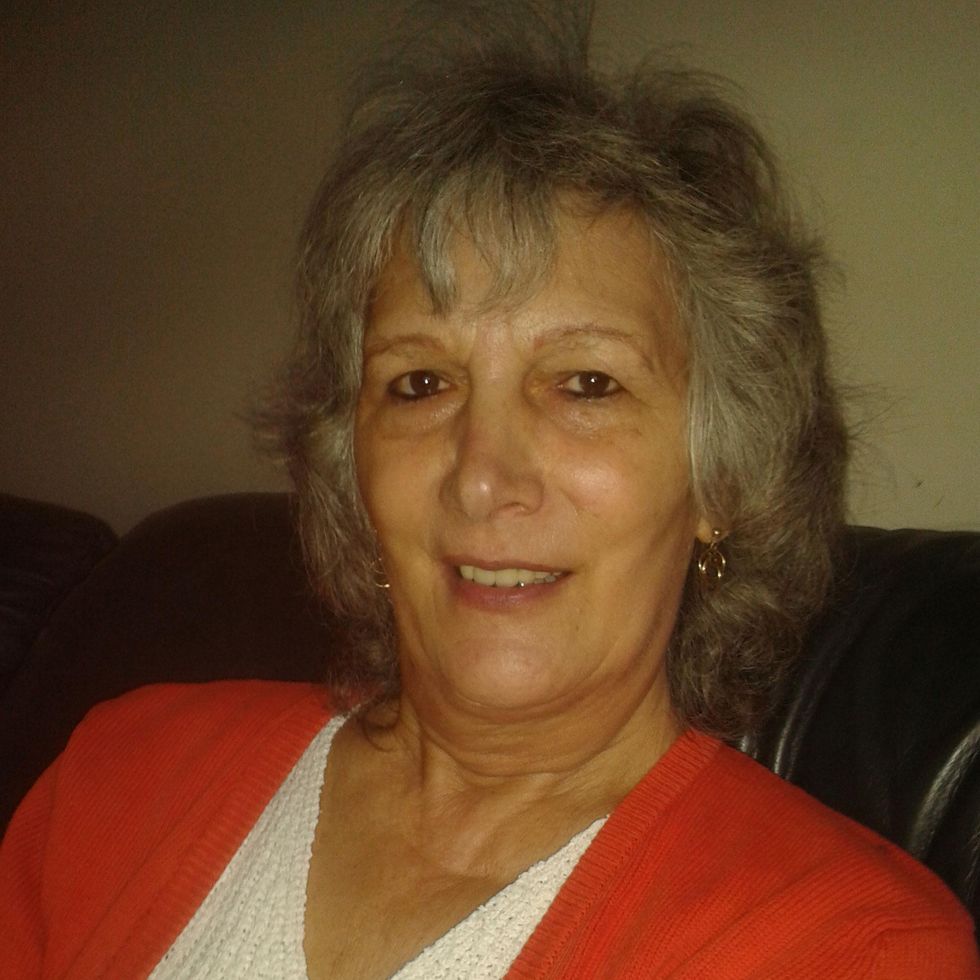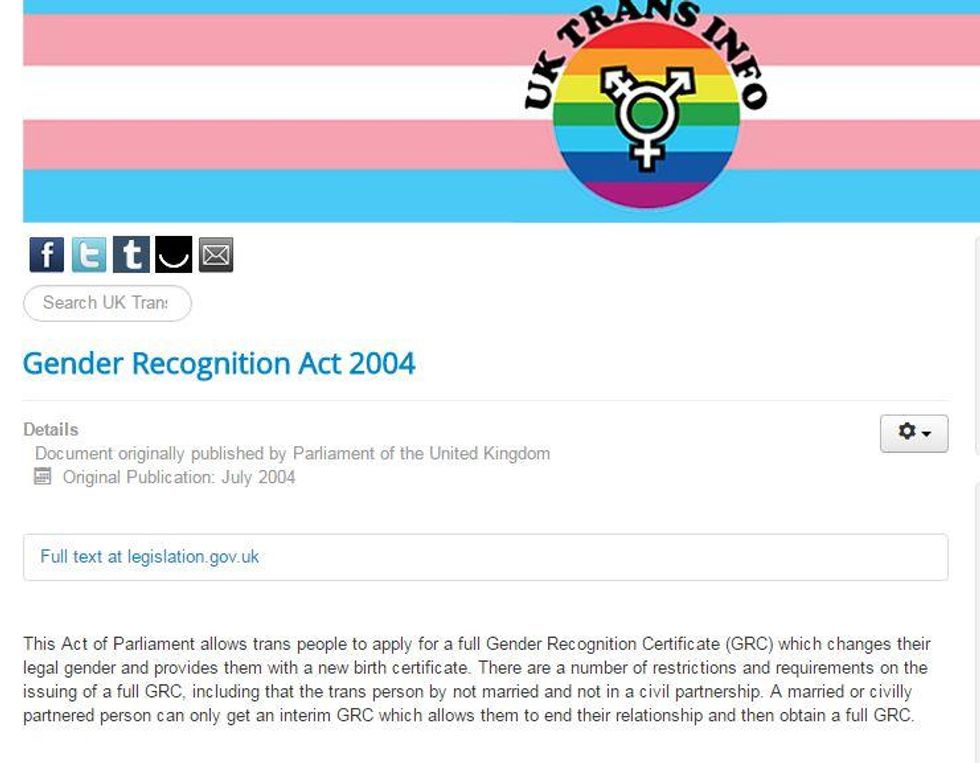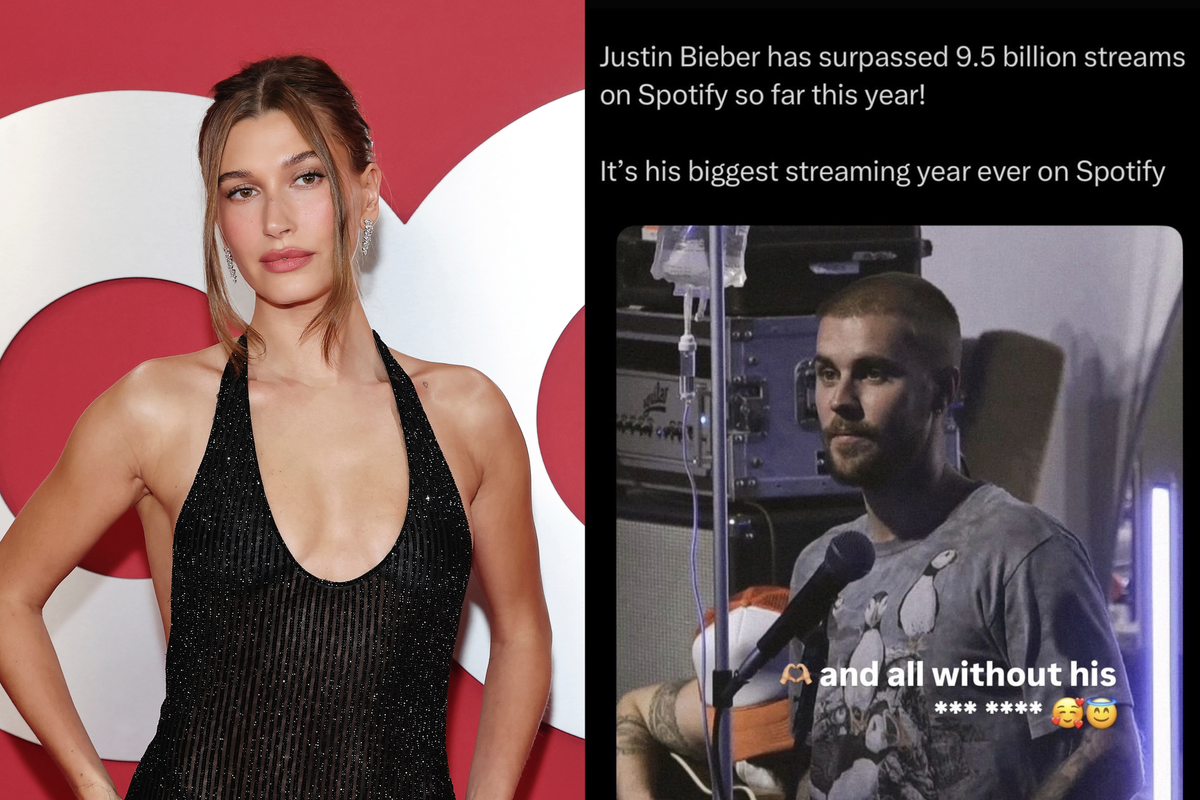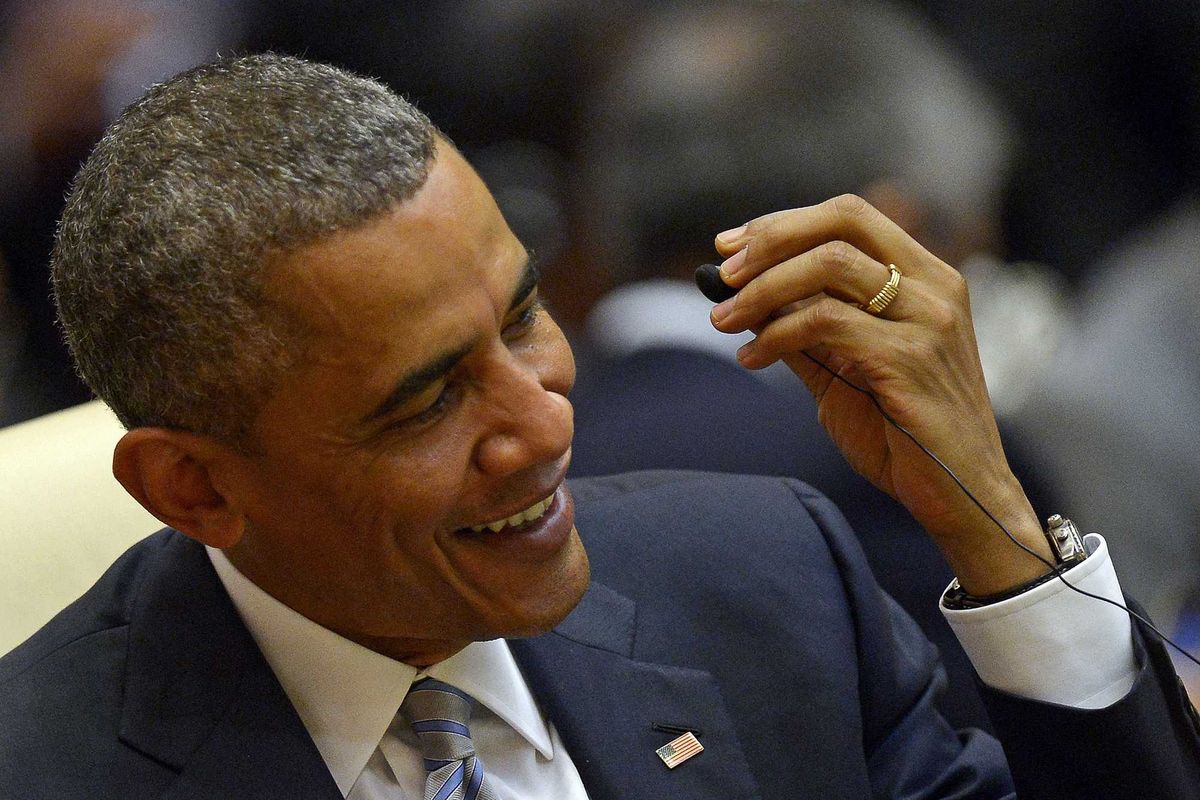News
Narjas Zatat
Mar 08, 2018

Picture:
Rona Howard/supplied
It’s LGBT+ Adoption and Fostering week, and record numbers of LGBT+ people are considering becoming a parent to a vulnerable child.
In fact, according to New Family Social, a UK network for LGBT+ adoptive and foster families, one in eight adoptions in Wales, and one in ten adoptions in England, were to same-sex couples in 2017.
There is still a deficit however, and more than 7,000 foster carers are still needed across the UK.
Teresa Heritage, Cabinet Member for Children’s Services at Hertfordshire County Council, said:
Anyone, who can provide a loving, nurturing and secure environment for children to grow and thrive, can apply to be a foster carer or adopter. We know from experience that LGBT+ potential parents or carers are enthusiastic about considering if they can add to their family by choosing to adopt or foster a child in need.
As a local authority, we encourage people from all backgrounds and communities to foster with us and we are urging our local LGBT+ community to come and speak to us about the options available.
Rona Howard is a transgender woman who has been a foster carer in Hertfordshire for 15 years. She has fostered eight children on a long term basis.
Speaking to indy100, she wants to share her positive experiences with fostering so that others can see that being a member of the LGBT+ community is not a barrier to helping children in need.
Can you tell us about when you decided you were going to foster children?
When I transitioned from male to female, I wanted to change my lifestyle. I was a mechanical engineer and decided I wanted to make a difference to the lives of other people; I wanted to give something back.
I applied and was approved to be a foster carer more than 15 years ago and I have fostered 8 children on a long term basis since then.
What are your experiences with the foster care system as a transgender person?
From the time I applied to be a foster carer to the present day, I have always been treated the same as anyone else. Many LGBT+ people wrongly assume that they may face barriers to fostering as a consequence of their sexual identity so they don’t try.
But I have never had any bad experiences, only support.
The fostering team at Hertfordshire County Council were welcoming, friendly, open and very supportive throughout the process. I was concerned at first as I don’t have any children of my own. But the fantastic training I received as a foster carer helped me immensely.

If I needed help to handle a situation or discuss how to approach challenging behaviour… help was a phone call away.
Young people don’t realise it but I leave a little bit of me in every one of them.
What sort of challenges did you face specifically related to being transgender?
I am quite open about who and what I am because I don’t suffer any prejudice. So I always let the young people that live with me know about me. The reason behind that is I don’t need to worry if someone knows or not.
I find that if someone likes you, being transgender is not an issue.
How have you navigated conversations with the children you have fostered about the topic of your being transgender?
One of my young ones was worried about his friends finding out about him being in care and living with me. When I spoke to the person he was worried about, their reaction was so natural and mature that it overwhelmed me.
They said: 'Oh everyone knows but that’s not a problem.'
You’ve been fostering for 15 years – that’s a long time. In what ways do you think young people’s notions of transgender people have changed? What was it like then and what’s it like now?

In the past 15 years, I have seen transgender people being recognised as normal people with a gender issue, not a sex problem. One of the best things is that gender dysphoria is recognised earlier and not suppressed.
There are so many support groups where people can feel comfortable talking with like-minded people.
As a foster carer, my experience has been that the modern teenager is so open and accepting. Many of my foster children became protective of me and I am still in touch with some of them, even after they have become independent and gone on to lead their own lives.
What were your experiences growing up as a transgender child? How did you overcome struggles, if you had any, and what sort of advice would you give young people who are seeking support?
Over my lifetime attitudes towards the LGBT+ community have changed so much. It was always pushed underground and because of that it was seen as dirty dangerous and perverted.
When I was young, I was told that it could not happen and that I had to keep quiet about my feelings. It was hard keeping something that was so power-full locked up inside of me.
Things are different now.
There is more acceptance and awareness now and there is plenty of help available so young people don’t need to hide their identity.
In what ways do you think negative coverage of transgender people affects Transgender youth?
Negative coverage can make young people more insular. Transgender people are as varied and individual as anyone else in society.
It is important that there is factual information and not biased information.
There are 900 children and young people in care in Hertfordshire.
If you’re interested in fostering in Herefordshire there’s lots of help available on the website.
You can also call the recruitment team on 0800 917 0925 to find out more.
More: This gender neutral model just made history
More: We asked 14 trans activists how cis people can be better allies in 2018
Top 100
The Conversation (0)












